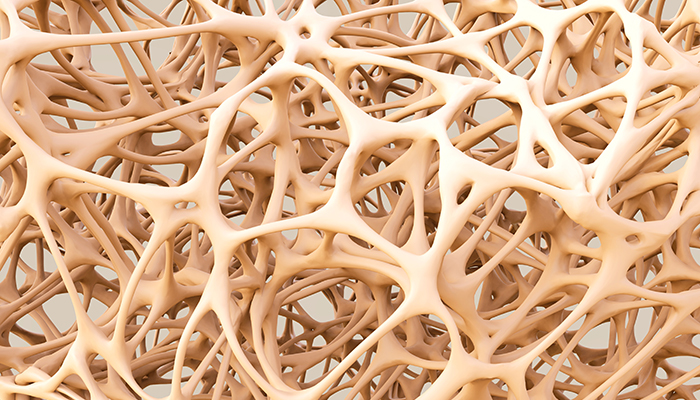Learn more at our e-library for family caregivers: www.CareConnectionsNWCT.com
Care Connections NWCT
Helpful tips for family caregivers
May/June 2020 Print
When broccoli is bad for you
 “Kale smoothie, anyone?” Maybe not…. Good nutrition has always been a mainstay of good health. Indeed, there is growing awareness of the power of food to support healing for a wide variety of conditions. What is less well known is the fact that even very healthy foods can cause health problems when combined with specific medications.
“Kale smoothie, anyone?” Maybe not…. Good nutrition has always been a mainstay of good health. Indeed, there is growing awareness of the power of food to support healing for a wide variety of conditions. What is less well known is the fact that even very healthy foods can cause health problems when combined with specific medications.
As you care for your family member, be alert to these common food–drug interactions.
Broccoli, kale, spinach, cabbage, collards. These nutrient-rich veggies are high in Vitamin K. This vitamin supports blood clotting. It’s essential to stopping the flow of blood when we get cut. Some blood-thinning drugs, particularly warfarin, block vitamin K’s clotting action. Anyone taking warfarin must balance the amount of vitamin K in the diet. Not too much. Not too little. Talk to the doctor or pharmacist for guidance.
Coffee. Nothing like a good cup of joe to boost one’s energy! But the caffeine in coffee can also super-charge the breakdown of some drugs. This includes antibiotics and drugs for asthma, depression, and irregular heart rhythms. The result can be toxic. Separately, the stimulating effects of coffee can interfere with anti-anxiety medicines and sleep medications.
Grapefruit. Either fresh or juiced, grapefruit is potent, interacting with at least 45 drugs. People who take statins can develop side effects, such as muscle and joint pain. Medications for blood pressure, erectile dysfunction, and some antihistamines are among other drugs negatively affected by grapefruit.
Milk. A glass of milk may be recommended before taking some medications. It coats the stomach and prevents nausea. With many antibiotics, however, the calcium and proteins in milk bind with the drug’s active ingredients, reducing its effectiveness.
New food–drug interactions are being discovered all the time. To be safe, when a new medication is prescribed or a shift in diet occurs, ask the doctor or pharmacist about specific foods to avoid.
Return to topAvoiding regret

Family caregivers are often thrust into the role of making decisions for a loved one. Some decisions are relatively small: Purchase a walker with wheels or one without? Others are large and may have life-changing ramifications. Approve that surgery? Initiate a move to assisted living or set up care at home?
Rarely is there a single “right” answer. Your intention is to make the best decision you can with the available information. Sometimes the outcome is as envisioned. Other times, not so much.
Tips to help you avoid regret
- Gather all the information you can. Ideally from a variety of sources. Learn the facts, and perhaps seek out others’ experiences. Being well informed supports your confidence in your process.
- Evaluate the sources for credibility. Is any information coming from someone who might personally benefit (a salesperson)? As for stories from others, consider how closely their situation matches your loved one’s. Similar temperament, lifestyle, and values? They may have very different priorities.
- Ask yourself, “Is this a ‘hot’ decision?” When we are anxious or in pain, we tend to be reactive and rush. We want things settled—FAST! We may downplay an option’s risks. Or overestimate the benefits or likelihood of success. It’s precisely when we’re most upset that we need to hit “pause” before choosing.
- Acknowledge the pull to do nothing. If there is no urgency, it’s natural to put off a decision. Sometimes waiting, doing nothing, or “letting nature take its course” is the best decision. Just be sure you have made the choice consciously.
Regret is a natural response to a decision that yields an unexpected outcome. Using these strategies, you are more likely to avoid the sting of blame and self-recrimination. Or at least arrive sooner at the more constructive state of accepting with disappointment that things didn’t turn out as it seemed they would.
Return to topSigns of osteoporosis
Does the person you care for seem to have shrunk a bit? Pants are too long? Can’t reach items on their regular shelf? You can see the top of their head? It could be that they have “osteoporosis.”
With osteoporosis, bones are less dense and easily develop cracks and fractures that may or may not be painful. When cracks occur in the spinal column, the spine compresses, resulting in shortened height. In some people, the compression produces a hump or curve at the neck and shoulders. In other parts of the body, such as the hips, poor bone density is not obvious until a bone is broken.
Osteoporosis is serious, but underdiagnosed. Every year, about 2 million people over age 50 break a bone because of osteoporosis. Following a broken hip
- 50% will need to use a walker or cane, at least temporarily
- 25% will require care assistance long term
- 25% will not recover (the broken bone leads to a cascade of problems that ultimately results in death within a year).
Those most at risk are
- women older than age 50. One out of two is likely to break a bone because of osteoporosis. (One in four men over 50 will break a bone. More for those over 70.)
- people of slight build
- people of Caucasian and/or Asian descent
- those with a family history of osteoporosis
There are lifestyle risks as well, including smoking, drinking alcohol, and not exercising.
Getting tested
If your loved one complains about back pain, seems shorter, or has any of the known risk factors, ask the doctor about doing a bone density test. This specialized x-ray test (often called a “DEXA scan”) measures the thickness of the hip and sometimes other bones. Some cases might require an MRI. If ordered by a doctor, Medicare usually pays for these tests.
